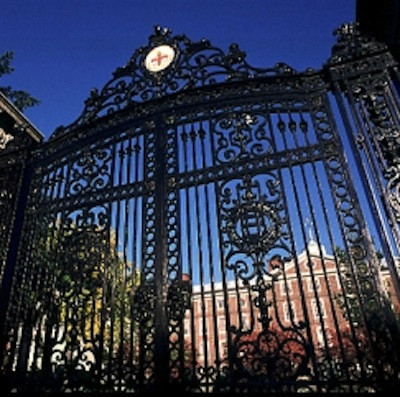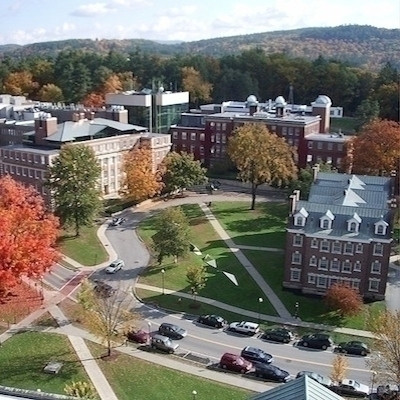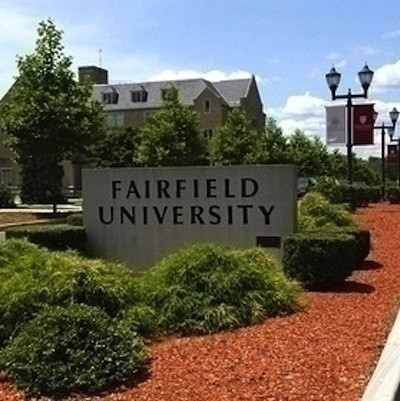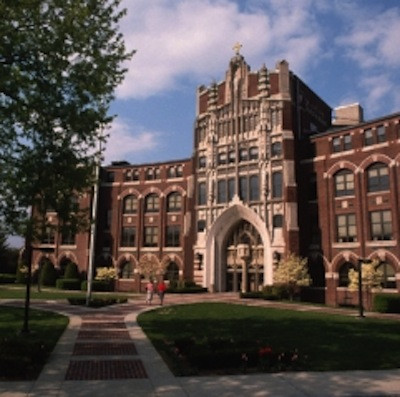College Admissions: 5 Questions to Ask Career Services
Monday, May 01, 2017
As the Class of 2017 prepares to graduate from college, many families are disappointed with job prospects. However, the problem really began 4 or 5 years earlier. Too often, high schoolers focus on a “big name”, sports team enthusiasm, the beauty of a campus, suite style dorm rooms, sushi bars or access to a city. However, the point of college is to educate young people to go onto a career or graduate school. Asking the tough questions up front is critical to evaluating whether a college is going to give you the proper support to find a job. Here are some tough questions every family should ask Career Services:
- What year does career advising start, and is there a structured program? For many colleges, it begins junior or senior year. Students rush in with resume drafts for editing, and swarm around sign-up lists for companies that will be interviewing on campus. However, at schools like Connecticut College and Princeton, career advising begins in freshman year with exploratory exercises, alumni and professor networking, research and internships.
- What is the ratio of career advisors to students, and what is their background? According to the National Association of Colleges and Employers survey of 2012-2013, the average was 1,889 students to each career counselor. At Harvard, the ratio is 600:1. Counselors should also have real world experience. Former managers, human resources professionals and career testing experts are critical to providing valuable guidance in a competitive job market.
- What percentage of students get paid internships, and how does the college help facilitate these connections? It’s relatively easy for engineering and accounting students to get internships, but what about the history and anthropology majors? Does the college say “find an internship and then bring us the paperwork” or do they give you a list of companies with names and email addresses for your field of interest where they have previously placed students? At Wheaton College in Massachusetts, a new program is being launched that will guarantee each student up to $3,000 in grants for an unpaid internship. This relieves the financial burden placed on families to support students during an unpaid internship, or the tendency of companies to shy away from taking on interns because of budget restrictions.
- How many organizations interview on campus or post job openings each year? What are some of the company names? Understanding the number and types of companies that have a relationship with your potential college is important. If most of the companies hiring are technology driven and you want to work at a museum, that’s going to be a problem. Look for variety and a healthy pipeline of jobs coming into the career office. At tiny Claremont McKenna College in California, just over 1,300 students have access to more than 300 companies recruiting on campus each year.
- Is there a formal Alumni Career Network, and how does it operate? At Duke, more than 5,700 alumni joined the career network to provide students with opportunities for informational interviews and to post positions to the job boards. At Notre Dame, a well-designed program called ONWARD provides an alumni mentor program as well as job postings, webinars on career topics, links to articles, and career advisors for years after graduation.
It’s not that motivated students can’t forge their own path to discover their career, secure an internship or access job openings at companies. However, most students don’t, unless given the framework to guide them each year. So, do your due diligence up front when looking at colleges, and avoid buyer’s remorse later.
GET THE LATEST BREAKING NEWS HERE -- SIGN UP FOR GOLOCAL FREE DAILY EBLASTCristiana Quinn, M.Ed. is the founder of College Admission Advisors, LLC which provides strategic, college counseling and athletic recruiting services for students. www.collegeadvisorsonline.com.
Related Slideshow: New England Colleges With the Best Undergraduate Teaching
U.S. News & World Report released a survey conducted in 2013 of college administrators on the best schools for undergraduate teaching. Several New England made their lists for best National Universities, Liberal Arts Colleges, and Regional Universities. See which schools made the lists in the slides below:
Related Articles
- College Admissions: Ivy League Less Elusive In Early Action/Decision
- College Admissions: Handling Early Admission Rejection
- College Admissions: SAT Myths Busted
- College Admissions: 6 Costly Financial Aid Mistakes to Avoid
- College Admissions: Best Ski + Snowboard Colleges in the East
- College Admissions: What Your PSAT Scores Really Mean
- College Admissions: New England Colleges With the Biggest Rape Issues
- College Admissions: Top 10 College Admissions Websites
- College Admissions: 3 Ways to Build Application Credentials
- College Admissions: Early Apps Up for Class of 2019
- College Admissions: 4 Things To Do While Waiting For Early Admissions
- College Admissions: Best Ski + Snowboard Colleges in the West
- College Admissions: The 5 Biggest Campus Visit Mistakes
- College Admissions: How To Keep From Choosing The Wrong College
- College Admissions: 4 Ways to Increase Your Financial Aid Package
- College Admissions: 5 Admission Factors You Can’t Predict
- College Admissions: No Acceptances? Don’t Panic
- College Admissions: 3 NE Colleges Where You Can Save $60K or Get Free Master’s Degree
- College Admissions: 10 Scholarships ANYONE Can Apply For
- College Admissions: 6 Biggest Lies in College Admissions
- It’s All About Education: Inequities in the College Admissions Process
- College Admissions: Applications Surge at Many Elite Colleges
- College Admissions: 3 Reasons To Take a Gap Year
- College Admissions: 5 Ways To Survive College Decision Season
- College Admissions: Avoiding Senioritis and Spring Meltdown




















